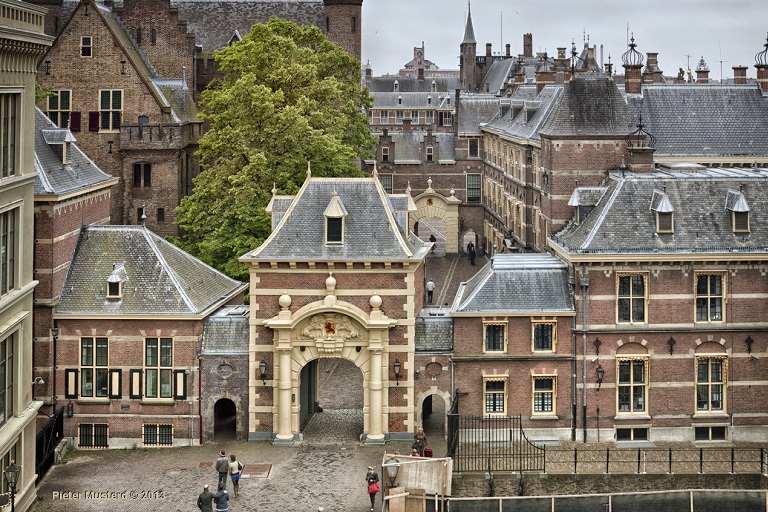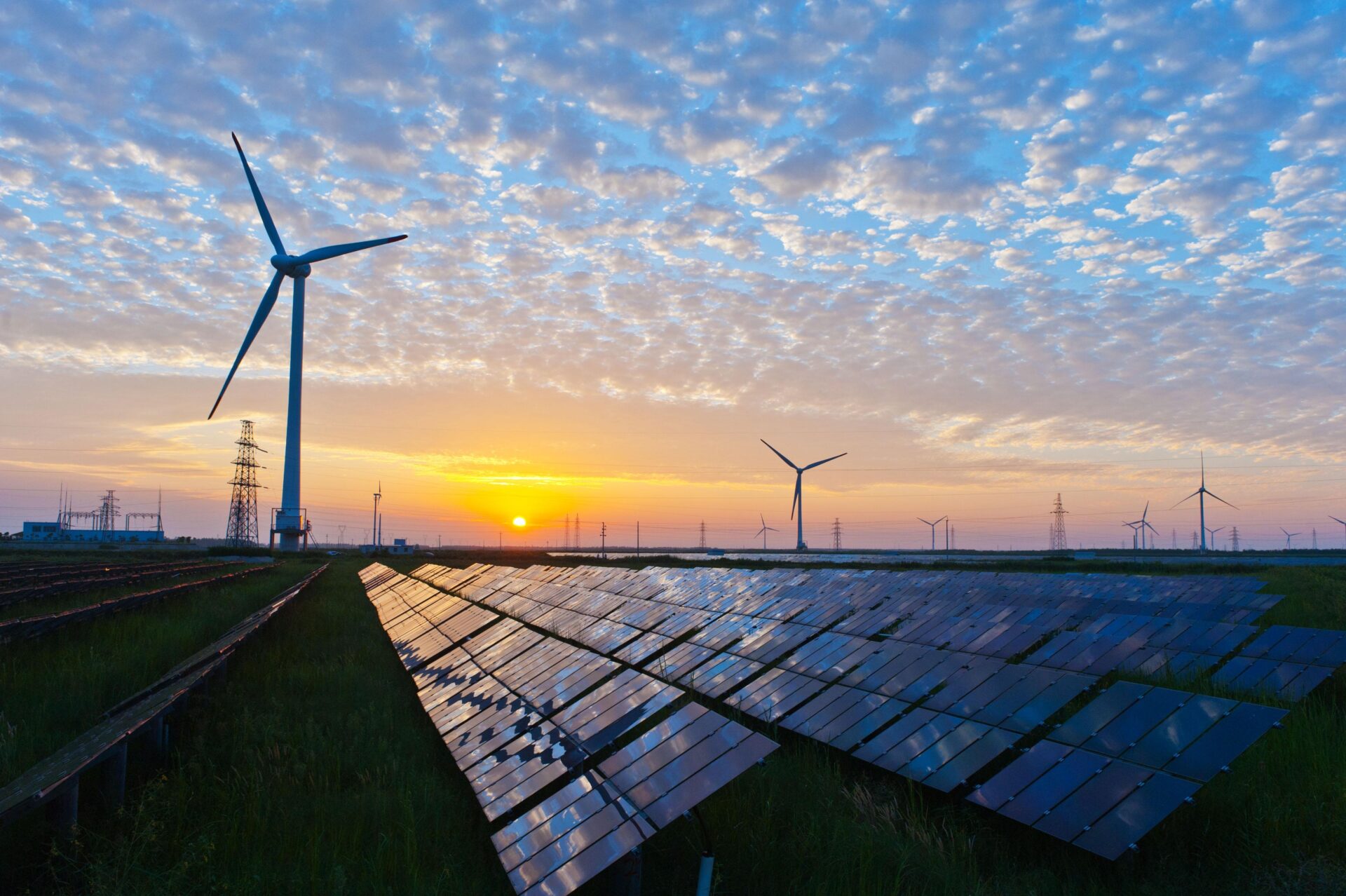'Sweet Caroline' sounded loudly in a packed hall in Bathmen, Overijssel, on March 15, 2023. Relieved people celebrated on the evening of the Provincial Council elections 2023 that the BoerBurgerBeweging (BBB) had become the largest. Not only in Overijssel, but in all twelve provinces. A monster victory that even Caroline van der Plas, the BBB's forewoman, had not counted on. "I can't believe this. I'm shaking all over". An understandable reaction, because never before has a political party become the largest in all 12 provinces in the provincial state elections. In this column, Rik Edelenbosch looks back on the election results and the formation process in the twelve provinces that followed. Did the BBB manage to convert their electoral gains into political and administrative change as well?
Winning elections means taking responsibility. After all, the winning party gets the lead in the formation process that follows. A big task for a new party like the BBB, because as a one-man group in the Lower House, the BBB has no further demonstrable experience with the political game called formation. Inexperienced, but in good spirits, the BBB began the negotiation process in which the nitrogen file was at the top of the agenda. The BBB wants the forced buyout of farmers as an option off the table and finds meeting the nitrogen targets in 2030 unrealistic and unacceptable1. A stilted position to go into the negotiations with, or does it turn out to be a golden move?
A tour of provincial fields
At the time of publication on June 28, five provinces are out of negotiations and the coalition agreements have been signed, but in the remaining provinces the various parties are struggling with difficult and complex files, such as the housing crisis and the nitrogen file. In North Holland, Groningen, Overijssel, Drenthe and Utrecht, negotiations are still ongoing. In Utrecht, despite a victory in this province, the BBB is on the sidelines. GroenLinks is taking the lead here. For a moment there was white smoke in Friesland, where a coalition seemed to be forming with the BBB, PvdA, CDA and ChristenUnie. Not much later, PvdA stepped out because of dissatisfaction with the cuts in culture and nature2. In North Brabant, too, the champagne seemed ready to be uncorked. An intended coalition between BBB, GroenLinks, VVD and PvdA stranded in sight of the harbor because of disagreement about the deadline by which all livestock farmers in the province must have low-emission floors installed3. There will be new negotiations, but without the BBB. Besides North Brabant, the BBB is not at the formation table in Utrecht either. In the other ten provinces, the BBB is participating enthusiastically. In Flevoland, Gelderland, Limburg, South Holland and Zeeland, even a coalition agreement has already been presented to which the BBB has proudly put its signature.
On the right in Flevoland, Zeeland and Gelderland
A striking collaboration in Flevoland. There BBB, VVD, ChristenUnie, SGP and PVV are joining forces. In any case, the cooperation with the PVV is generating a lot of criticism, especially from the ChristenUnie. The ChristenUnie parliamentary party chairwoman in the Lower House, Mirjam Bikker, finds the cooperation uncomfortable. "I have a bad feeling that we are cooperating with a party that does not recognize the democratic rule of law anywhere," the ChristenUnie forewoman said. Cooperation is also being sought in Gelderland on the right side of the political playing field. On Wednesday, June 14, BBB, VVD, CDA, ChristenUnie and SGP presented the coalition agreement4. An agreement in which the province opposes the forced buyout of farmers and advocates the construction of a small nuclear power plant. Flevoland sees no room for new windmill sites. It is not an end in itself for the province to maintain its lead in wind energy. In Zeeland, BBB, SGP, CDA and VVD are seeking cooperation for the next four years.
Broad coalitions in South Holland and Limburg
Broader coalitions have been formed in Limburg and South Holland. In Limburg, for example, BBB, VVD, CDA, PvdA and SP will govern together for the next four years. A fine example of broad cooperation between left and right wings of the political soccer field. In South Holland, BBB, VVD, GroenLinks, PvdA and CDA have signed an agreement. Remarkable, because in the Lower House the BBB and GroenLinks seem to be opposed on every issue. Not only in South Holland are these two seemingly opposites at the table with each other. Also in North Holland and Overijssel, GroenLinks and BBB are talking to each other to face the problems regarding nitrogen, nature and climate. GroenLinks describes itself as the climate party of the Netherlands5 and the party for the farmer of the future. They want to stop large-scale mega-stalls, invest in local production and small cycles, focus on 25% organic agriculture and put nature first in the nitrogen debate. Also, no nature should be lost as a solution to the housing crisis. In contrast, the BBB: a party that puts farmers' interests first. Farmers themselves know best what is good for the land, and the party opposes forced buyouts of farmers as a solution to solve the nitrogen problem and save nature. Yet the two work together. Why does this work in the province but not at the national level?
Poling in the province
The most obvious answer: the Polder Model. The constant search for consensus and a solution that works for everyone may be in the Dutch DNA. That does mean that sometimes you have to compromise a bit and settle for partial success. This process played out exactly in South Holland. Listening to each other, finding similarities and coming up with your own proposals on how to accommodate each other. A textbook example of how to work together when you are diametrically opposed. Doing water with the wine sounds logical, but perhaps the cooperation of GroenLinks and BBB in the province shows that national politicians and administrators need to realize more that it is not just shouting and sometimes screaming. Perhaps this collaboration between opposites shows that more opinions do not always lead to the right solution.

